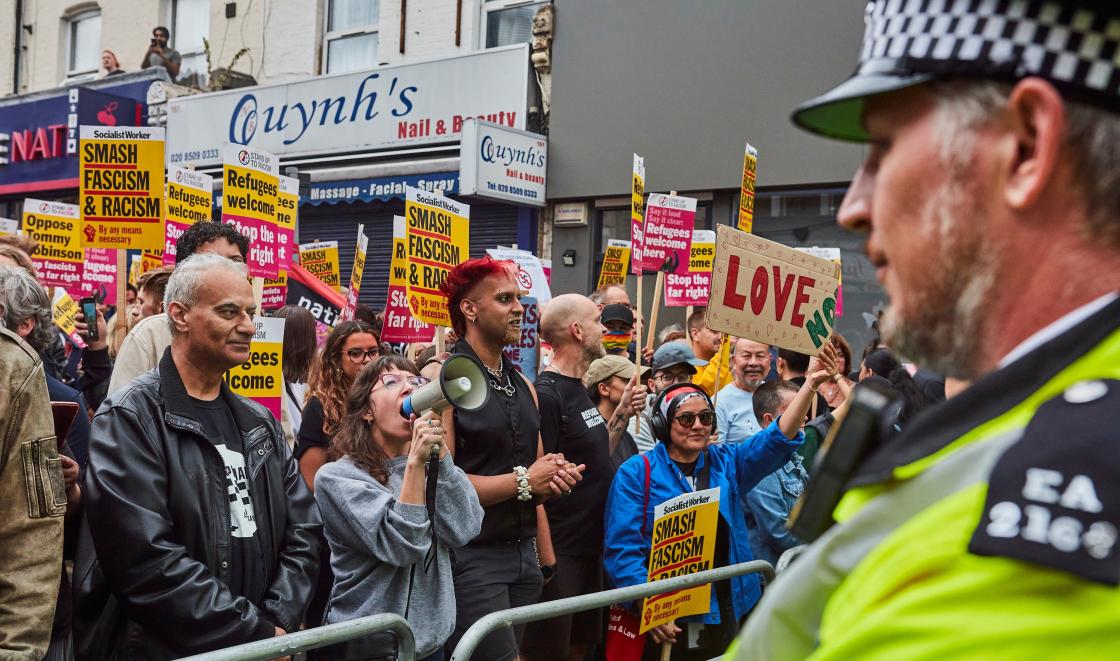Support and solidarity were, and will continue to be, vital. I can empathise with those still distressed and afraid, though I am lucky enough to live in a diverse part of London with a long history of anti-fascist mobilisation, hence relatively safe. I am an immigrant myself, a person of colour (though not part of a religious minority) and some of my family and friends have been refugees.
This has its advantages, however: I arrived as a small child in the 1960s, amidst a surge in blatant racism, including from the far right and sometimes the authorities – and took part in resistance to this, so I know that change is possible. But to tackle problems effectively, it is useful, if sometimes uncomfortable, to face up to how widespread, complex and deep-rooted these can be.
Headline news and ongoing issues in health and social care research
How is all this relevant to health and social care research, some may wonder, other than that a sizeable number of researchers and other staff, public contributors, statutory and community partners have faced fear, distress and disruption?
To begin with, the hostility and violence has an ongoing effect on health and wellbeing within the communities most affected and their families (in the broad sense). And it cannot be guaranteed that something similar will not happen again, perhaps on a larger scale. This is not just due to far-right activity, but also the ongoing influence of mainstream media and public figures who helped to create a climate in which mistrust and scapegoating of minorities could seem “normal” and reasonable. Facing, or being at substantial risk of, life-threatening violence can damage mental and physical health in various ways.
